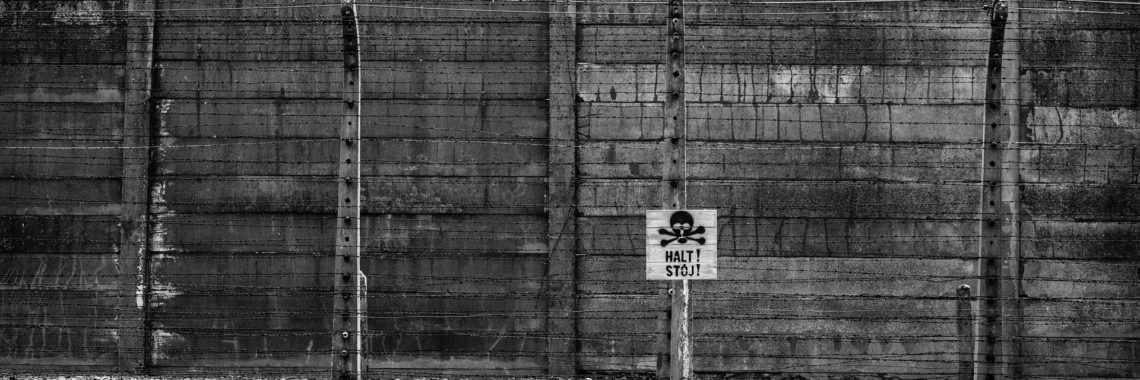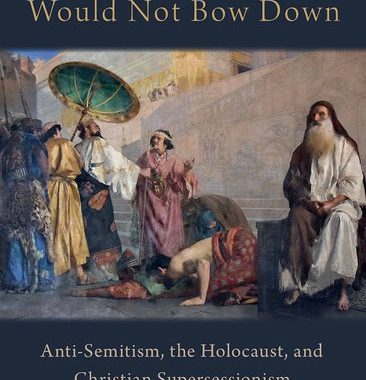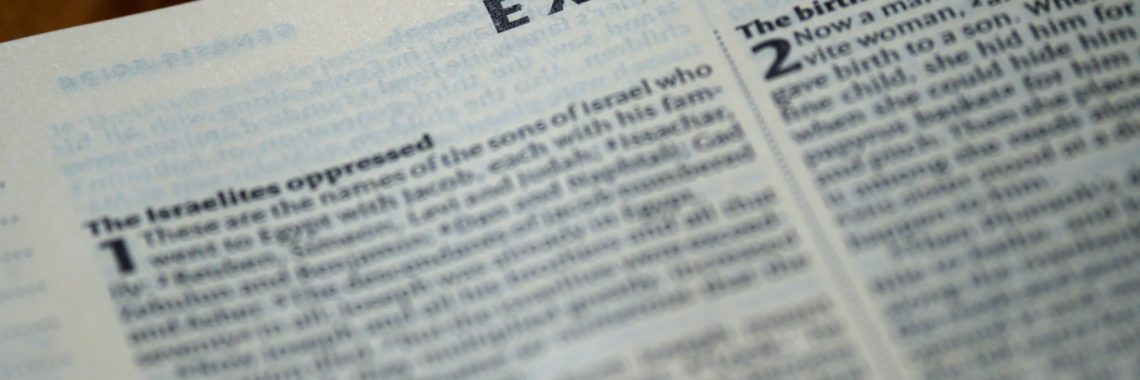“Halloween in Jewish Law: Religious and Cultural Transformation” by Michael J. Broyde
Image by Alexa from Pixabay. A number of years ago, I wrote an article addressing celebrating Thanksgiving according to Jewish law, which was published in Canopy Forum last year. In that article, I noted that most Jewish law authorities accept that: (1) Thanksgiving is an American holiday with secular origins, (2) While some people might celebrate…









